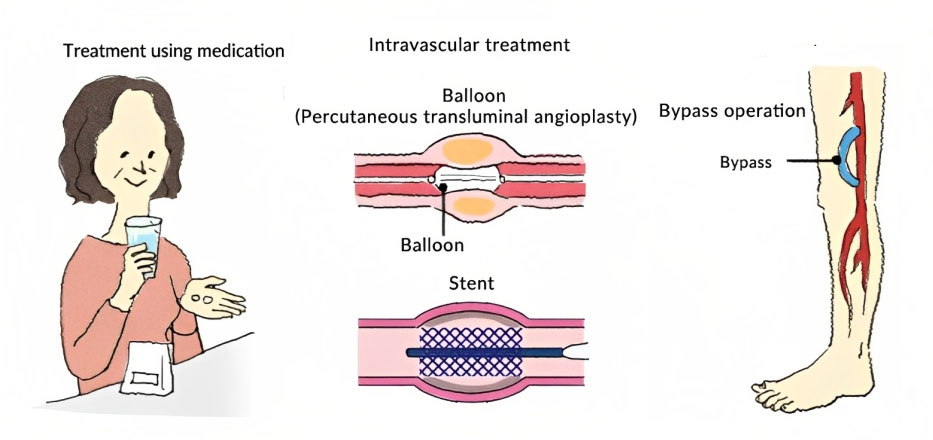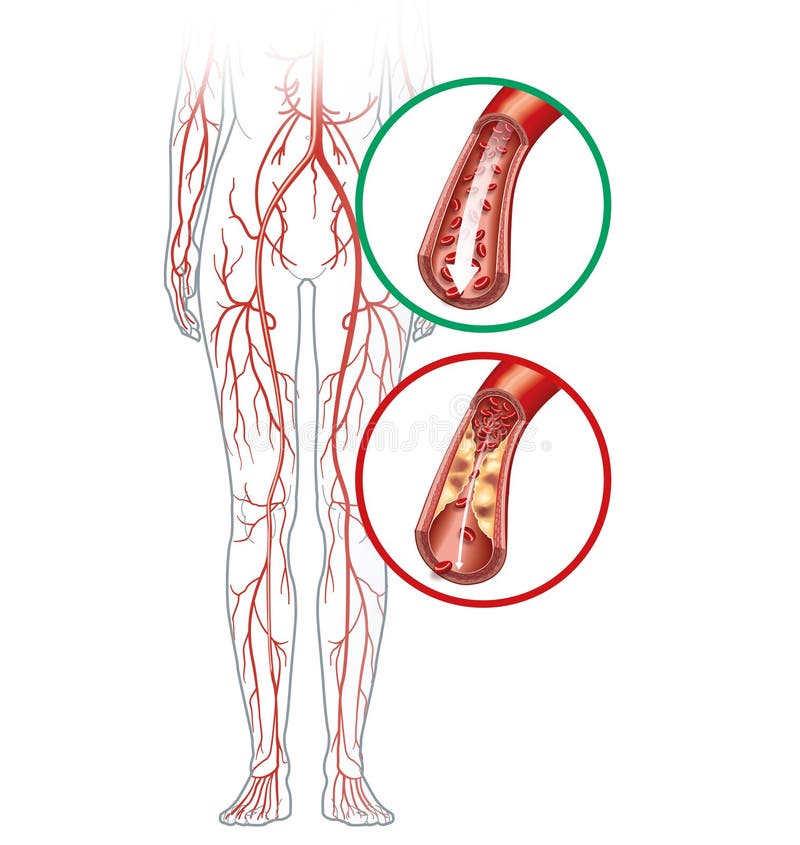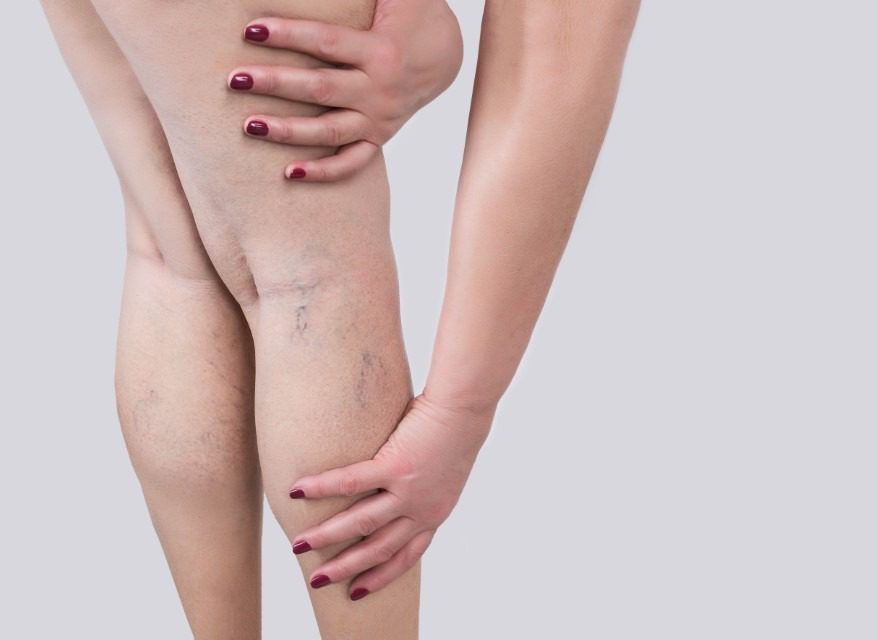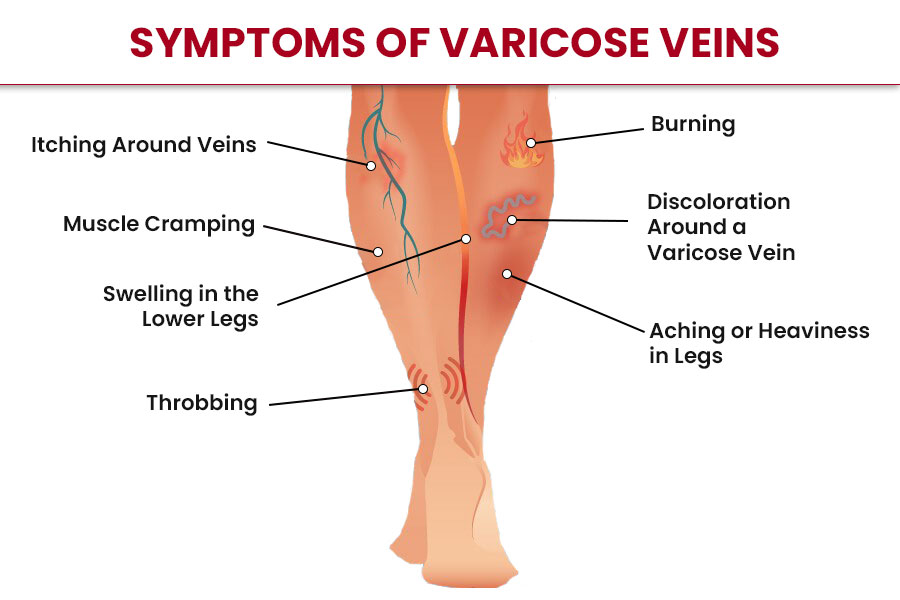The goals of treatment for peripheral artery disease is:
- Manage symptoms, such as leg pain, blackening, or ulcer, so as to improve your quality of life.
- Improve artery health to reduce the risk of heart attack and stroke.
Depending on the severity of the peripheral arterial disease (PAD) and diagnostic testing results, medical treatment, minimally invasive endovascular treatment or surgical treatment option may be offered.
Lifestyle changes:
For mild PAD sufferers, lifestyle changes may be enough to slow or even halt the progression of your disease. Commonly prescribed lifestyle changes include:
- Stop smoking
- Exercise regularly
- Eat a healthy diet that’s low in fats and cholesterol
- Manage underlying conditions like diabetes or high blood pressure
1- Medications: PAD patients may receive medications to prevent blood clots(blood thinners), improve blood flow, and reduce pain from claudication. In addition, medications may be used to control your high cholesterol, high blood pressure, or diabetes.
If your leg pain is so severe that it prevents you from carrying out everyday activities, or if your symptoms have failed to respond to lifestyle changes and medical treatment, revascularization may be recommended.
2- Endovascular (Interventional Radiology) treatment: Minimally invasive procedures such as angioplasty, stenting and thrombolysis may be offered to restore the flow in blocked arteries of your legs.
3- Surgical treatment: This involves inserting a graft bypass to move blood around the blocked or narrowed artery. The graft may be made from a vessel taken from another part of your body or using synthetic materials.
Successful PAD (peripheral artery disease) management often involves a combination of lifestyle changes, medications, and, when necessary, medical procedures or surgery. Tailoring the treatment plan to individual needs is crucial for optimal outcomes. If you suspect PAD or are at risk, seeking prompt medical attention ensures an accurate diagnosis and the development of a personalized treatment strategy.
For more information, consult Dr. Kunal Arora One the Best Interventional Radiologist in Mumbai or you can contact us on 9892288400.




